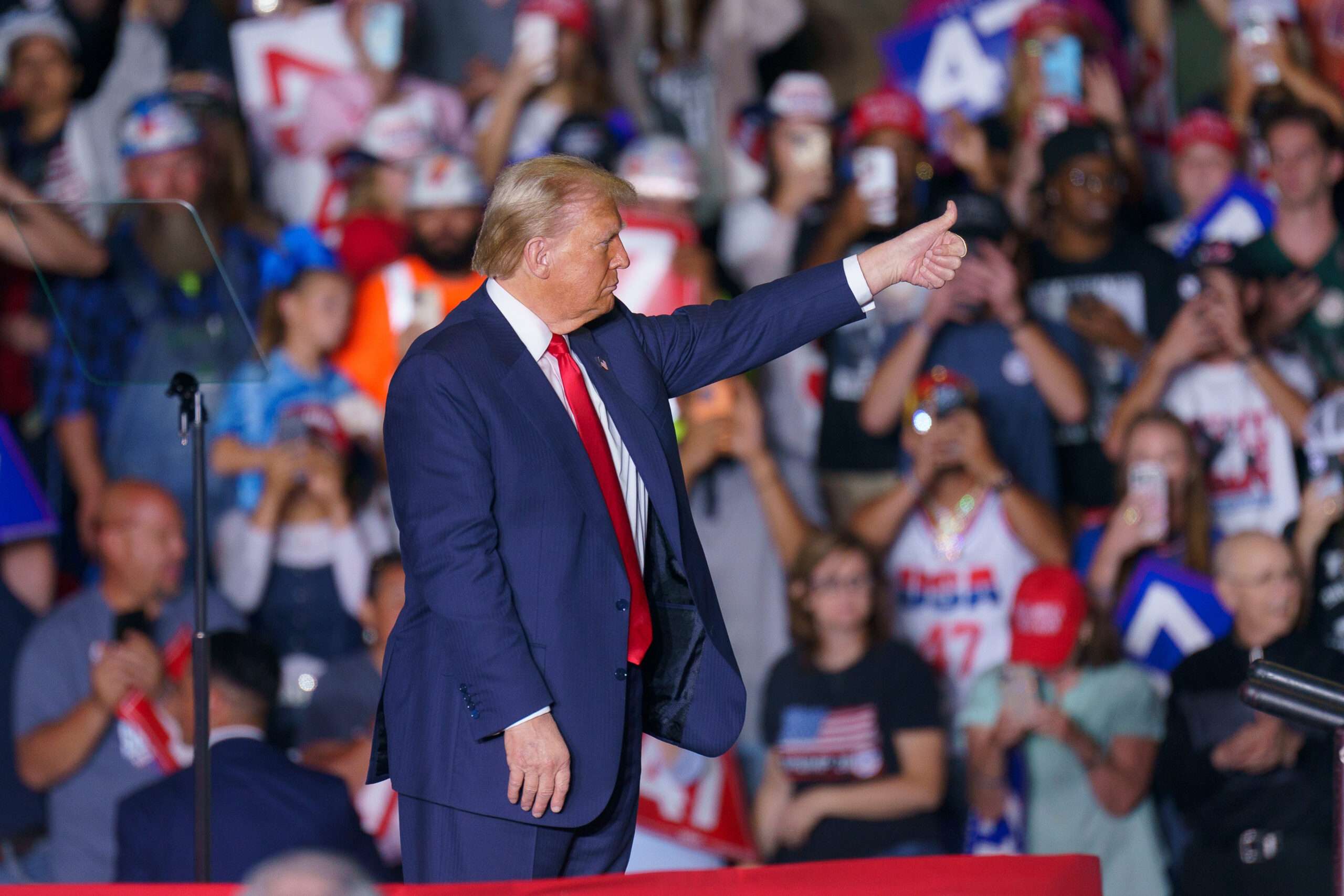Trump’s Updated Tariffs May Lead to Increased Gas Prices
President-elect Donald Trump’s proposals to impose substantial tariffs on imports from Canada and Mexico have raised concerns about the potential increase in gas prices for U.S. consumers. As per the Department of Energy’s data, Canada is the United States’ largest supplier of petroleum imports, providing about 4 million barrels of oil daily, particularly bolstered by a newly opened pipeline. Mexico also plays a vital role in the U.S. oil market, contributing roughly 10 percent of all crude oil imports in 2022. Analysts warn that if these tariffs lead to a 25 percent increase in the cost of oil imports or disrupt the flow of oil across the border, it will inevitably escalate prices throughout the energy supply chain, ultimately resulting in higher costs at gas stations across the nation.
Industry leaders have voiced their concerns regarding the ramifications of such tariffs on energy security and consumer costs. Lisa Baiton, CEO of the Canadian Association of Petroleum Producers, cautioned that Trump’s tariffs could lead to “higher gasoline and energy costs to American consumers while threatening North American energy security.” Similarly, Matt Smith, an analyst at Kpler, indicated that imposing tariffs on over 4 million barrels of crude oil produced by a key supplier could be a detrimental move for the U.S. government. Reports suggest that Trump does not intend to exempt oil imports from these tariffs, further heightening fears among citizens and industry professionals alike.
Beyond the immediate implications for gas prices, the potential rise in energy costs could have a cascading effect on various sectors of the economy. Increased fuel prices would likely elevate transportation costs associated with moving goods via train, truck, and air, contributing to broader price hikes throughout different sectors, which could ultimately fuel inflation. Opponents of the tariff plans may counter that the U.S. is a net exporter of gas and oil, bolstered by the incoming Treasury Secretary’s commitment to increase domestic oil production. However, any reallocation of resources aimed at compensating for increased prices due to tariffs will take significant time and planning, preventing a rapid resolution to the issues brought by the proposed policy changes.
Furthermore, strategies aimed at adjusting the domestic supply won’t be executed quickly or effortlessly, as companies may have existing contracts that necessitate continued operations abroad. Trump’s belief that he can prompt immediate changes in complex global supply chains overlooks the realities of business logistics and long-standing practices. While some analysts might argue that the U.S. could vanquish its reliance on imports through domestic production, the fine print suggests that administrative maneuvers cannot immediately alter the financial architectures in place that govern business operations.
Industry representatives emphasize that broad trade policies intended to inflate import costs or disrupt the availability of oil and related products could adversely affect consumers, compromising the U.S.’s position as a leading producer of liquid fuels. As articulated by a spokesperson of the American Fuel and Petrochemical Manufacturers, the potential for retaliatory tariffs could also further exacerbate this dynamic. These private entities possess an understanding of the market implications, arguably more nuanced than that held by political figures who may lack a firm grasp on the implications of proposed policies.
Ultimately, the intricacies of gasoline prices are shaped by a multitude of factors, with governmental policy playing a significant role within a larger context. Despite a persistent desire among certain factions to attribute fluctuations in gas prices directly to presidential decisions, reality dictates that numerous influences, including market demand and global events, must also be considered. As Trump looks to assert his influence over these dynamics, the complexity of economic interactions serves as a reminder that such ambitions may be overly simplistic, with potential repercussions reaching far beyond his intended outcomes.
Share this content:












Post Comment